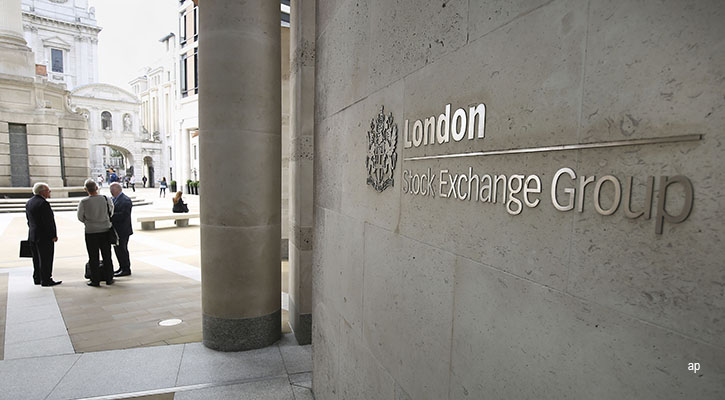
May 27 is the Spring bank holiday.
Keeping track of such changes is a relatively simple exercise because the LSE usually follows English* bank holidays, which tend to follow a predictable pattern within the framework of a fluid Easter and occasional "extra" holiday.
Last year we received an extra bank holiday for the coronation of King Charles III and two the year before for the Platinum Jubilee and the Queen's state funeral.
In 2024 we get the "standard" eight days, with national variations.
Time-wise it's usually straightforward, with an 8am start and 4:30pm finish on working days, except on Christmas Eve – or the equivalent last working day, which fell on December 22 in 2023. Then the market closing process starts at 12:30pm, four hours earlier. Again this protocal extends to New Year’s Eve, which this year falls on a Sunday – so December 29, a Friday, sees "festive hours" imposed.
A full list of trading hours can be found on the LSE’s website. One caveat is that the exchange follows English bank holidays, while Scottish and Northern Irish holidays are different. For example, the LSE is open on January 2, which is a bank holiday in Scotland.
Another big caveat is bond and currency markets trade at different times too. You can more or less trade currencies 24 hours a day. But this is technically feasible too with stocks, if you rotate from European to US to Asian markets in the daily cycle. That doesn't leave much time for sleep though, so is probably not recommended.



























